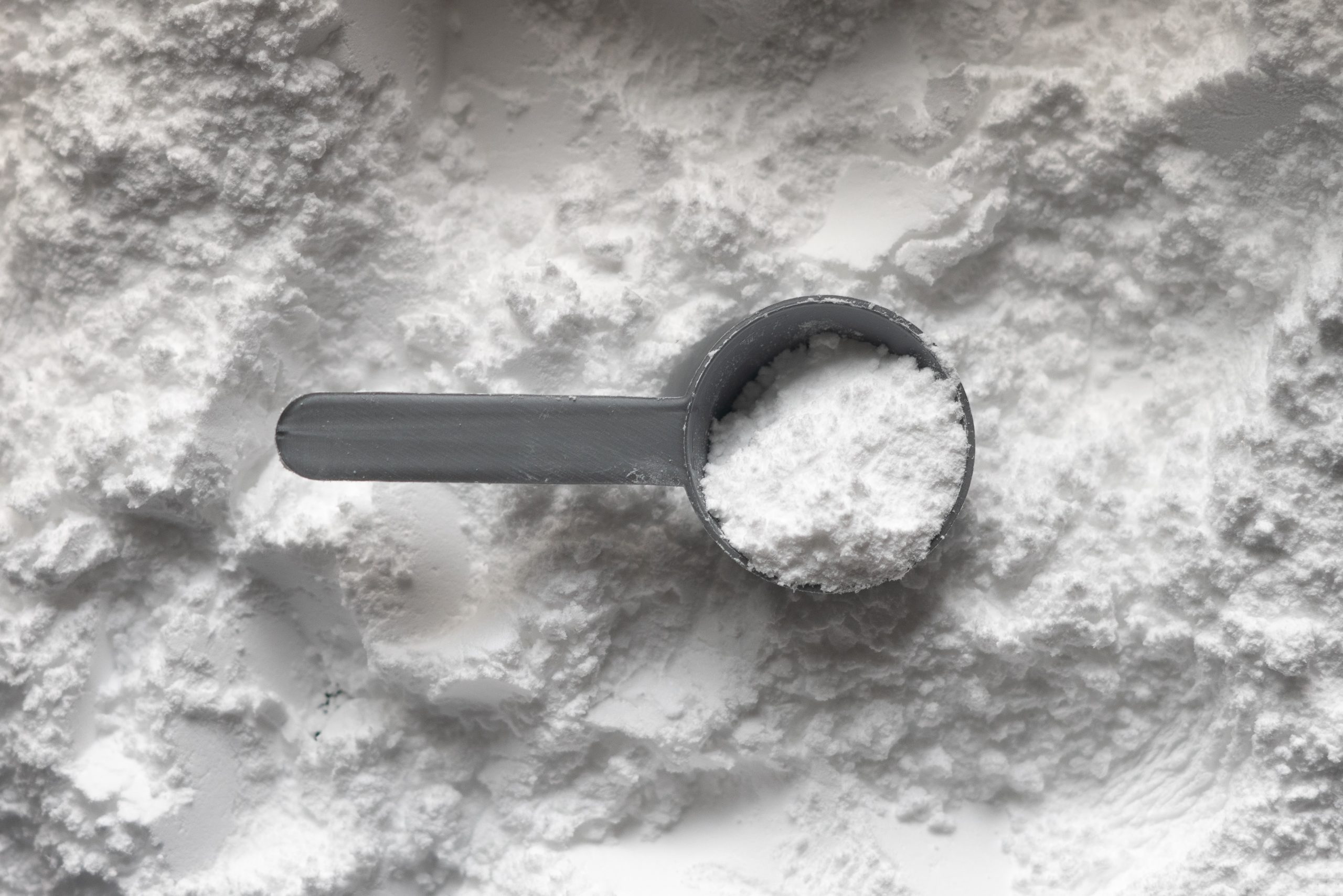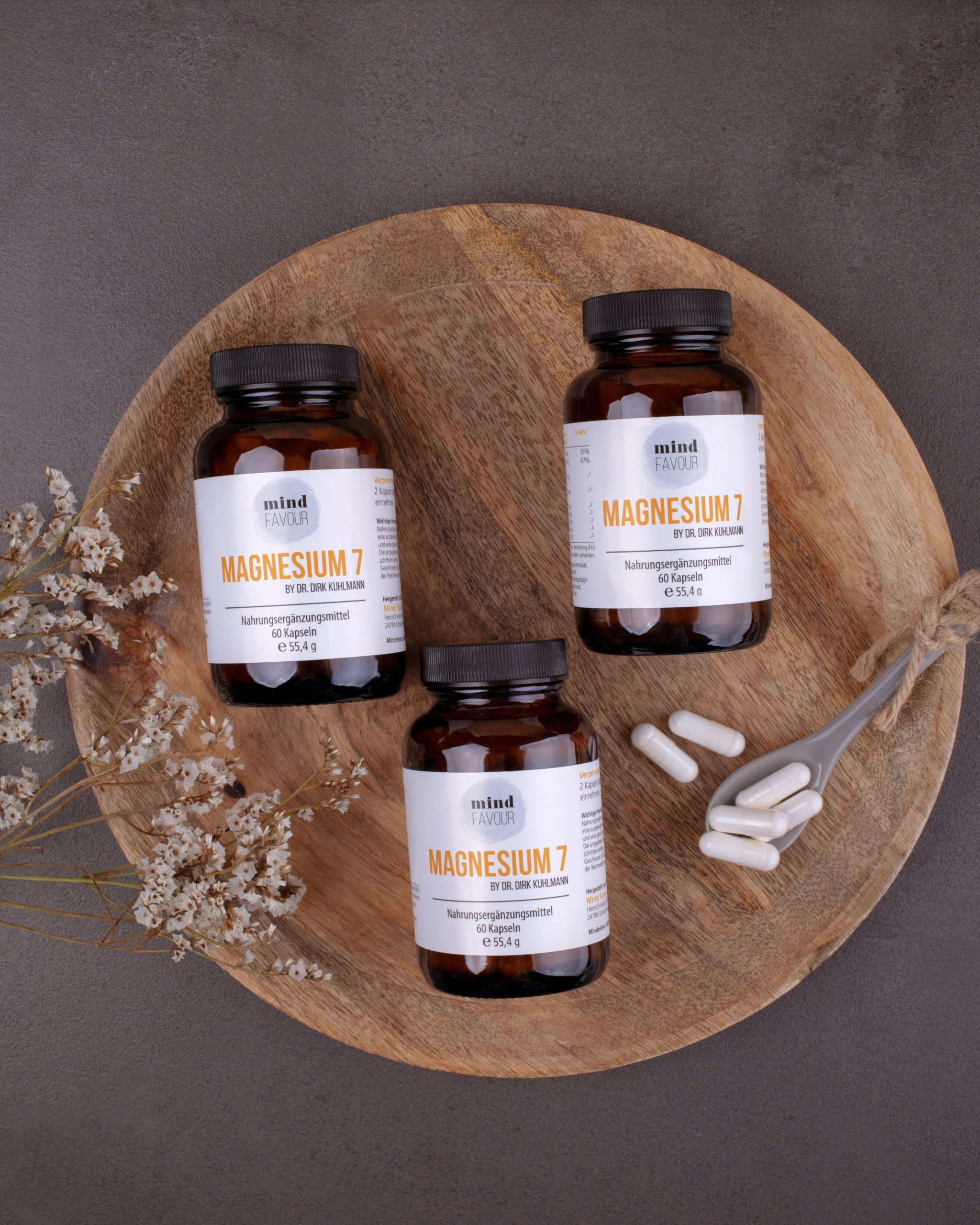The Mineral You Should Be Taking. Magnesium.
More and more people are searching for a Natural way to heal their bodies to get to the bottom of their symptoms. Our foods aren’t as rich in minerals and nutrients as they once were. Causing a chain reaction with our bodies. Soils have been filled with pesticides and stripped of the vitamins and minerals. They call this “soil depletion”.
One of the minerals we all should be getting more of is Magnesium. Magnesium deficiency can show itself in many ways. Our bodies do not make Magnesium on their own so we have to eat/supplement to keep ourselves at optimum levels for function. Without proper levels anxiety, muscle cramps, headaches, depression, insomnia, constipation, diabetes 2 can develop, to name a few.
There are different types of Magnesium and it can get a little confusing trying to choose which one is right for you. In this post you will find – What Magnesium is, a break down of Magnesium types, how to treat symptoms and side effects.
 Magnesium Deficiency, How?
Magnesium Deficiency, How?
Magnesium is potentially the most important mineral in the human body. It is a super partner to Vitamin D and Glutathione. It helps activate the Vitamin D and absorb it better. When paired with Glutathione (the Master Antioxidant) Magnesium activates the Glutathione. When you have a Magnesium deficiency those two key nutrients cannot do their job. It also helps to regulate calcium, potassium and sodium.
Magnesium used to be easily regulated through diet. Over the past few decades soil depletion has left us with deficiencies of vital vitamins and minerals. Modern intensive agricultural methods have stripped increasing amounts of nutrients from the soil in which the food we eat grows. Sadly, each successive generation of fast-growing, pest-resistant crops is truly less good for you than the one before.
How can we eat our nutrients nowadays? Buying Organic is the best option. Organic farmers give their crops time to grow properly in soil that has not been sprayed with pesticides, grown with GMO’s, rotated fields to give the soils time to regenerate their minerals and nutrients. Studies have shown that even now, organic produce sits at a minimum of 27% less minerals than our grandparents got from crops 50 years ago. The demand for bigger, faster growing produce has taken the toll. Creating a slew of Magnesium Deficiency patients.
How can I Replenish my Magnesium?
Eating organic is still vital. Leafy Greens, Nuts and Acorn Squash a the top 3 sources of Magnesium through food. There are many phytonutrients in your produce that your body can only get from those sources.
Getting the right supplement to help boost your levels up to a healthy range will leave you feeling like your best self. Magnesium Deficiency can leave you feeling many different symptoms. Anxiety being one of the front runners.
The world is in such chaos right now. Demands to keep up with technology, parenting, work, schedules that shouldn’t be squeezed into a 24 day have people overrun and feeling it. Add in the fact that popping into that drive-thru was a lot easier than prepping and cooking those veggies at home. Leading to constipation, insomnia and headaches.
Supplementing with Magnesium
Supplementing with Magnesium can help alleviate, prevent, if not reverse many symptoms. There are several different types of magnesium supplements available, including –
- magnesium glycinate
- magnesium citrate
- magnesium chloride
- magnesium oxide
- magnesium threonate
- magnesium malate
- magnesium sulfate.
These can benefit many people but are especially helpful for those who have a known severe deficiency. With so many options it can be overwhelming. Knowing your symptoms is an important factor in knowing which supplement to use. You don’t want think you are addressing insomnia when actually giving yourself the scoots.
Another important factor, making sure any current medications don’t interact with the supplement. As natural as Magnesium is, all supplements can have side effects or adverse interactions with medications. Another concern is that supplements may lower blood pressure. If you take a medication for high blood pressure or a muscle relaxant, talk to your doctor before taking any supplement as it may alter the effects of these medications.
 Let’s Breakdown the Supplements!
Let’s Breakdown the Supplements!
Magnesium Theronate
Memory, Cognition, Focus. Theronate is used for managing certain brain disorders such as Alzheimer’s, Depression and Age Related Memory Loss. It is quickly absorbed through the blood brain barrier.
Magnesium Chloride
Overall Magnesium Deficiency. Magnesium chloride supplements have well documented uses in type 2 diabetes, high blood pressure, osteoporosis, and migraines. Spray or supplement options for people who have sensitive digestion issues.
Magnesium Sulfate
Detoxing and Muscle Pain. The best form of use would be Epsom Salt bath, as its oral version can leave you with multiple trips to the bathroom.. and not for a soak. Sulfate is a pure detoxifying form of Magnesium that will leave you feeling zen.
Magnesium Malate
Boosts energy while relaxing overactive nerves. Malate will help calm over tensed muscles and may give you a boost of energy. Studies have shown Malate has helped Fibromyalgia patients with pain.
Magnesium Glycinate
Sleep and Calming. Glycinate is highly absorbable and less likely to have you in the loo. Insomnia and Anxiety are known to be tamed with this supplement.
Magnesium Oxide
Bowel Movements. Oxide is the “go to” for constipation. Make sure to take another form of Magnesium after clearing out. To replenish levels.
Magnesium Citrate
Calming. Citrate targets muscle twitches and has sedative effects. Great to take at night.
Risks and Side Effects
As mentioned above, all supplements can have side effects. Magnesium is no exception.
A key factor with Magnesium is to start low and go slow. It may take a couple weeks to figure out which supplement works best for you. If you are taking more trips to the washroom than you would like, consider a different type or lower the dose.
High doses of magnesium supplements can cause adverse side effects like diarrhea, nausea and abdominal cramping. Extremely high doses can lead to a magnesium overdose and symptoms of toxicity. You should always talk to your Dr and have your mineral levels checked before starting any new supplements. Especially if you are already taking medications or have low blood pressure. As Magnesium does have lowering blood pressure abilities.
Some people may have an increase with anxiety or racing heart when starting Magnesium supplements. If that is the case for you. Stop. And ask your Dr to run a full panel of mineral blood work to balance your overall mineral panel.
The Takeaway?
Our bodies are fragile environments and require the environment to be stable to support ours. Eat as much Organic as possible, support farms who are supporting your health. Check your mineral levels, check your symptoms and supplement with the Magnesium that best suits your needs. Go slow, and make sure you are near a washroom… just incase 🙂



